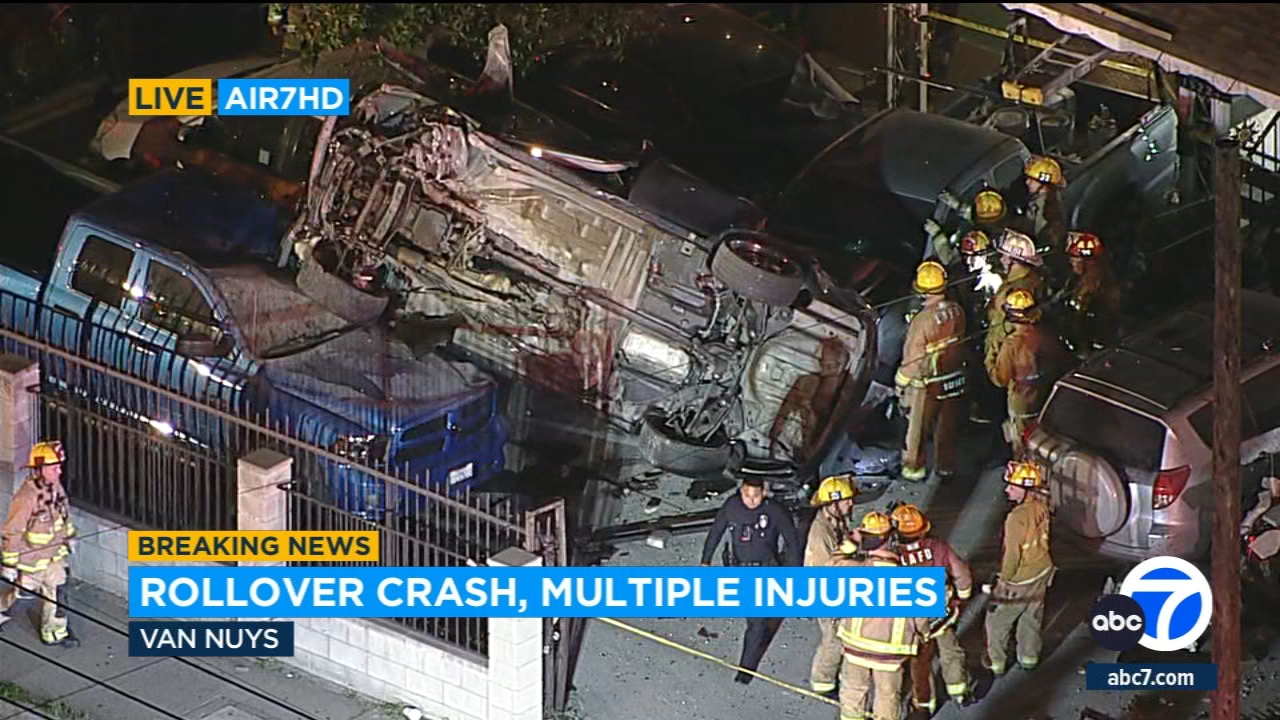How do the effects of the coronavirus pandemic compare to that of a major earthquake?
LOS ANGELES (KABC) -- California has been preparing for the "big one," the 7.8 magnitude earthquake along the San Andreas Fault, for years. As society currently navigates life during different type of disaster, how do the effects on the community compare between a health pandemic and a major earthquake in Southern California?
Seismologist Dr. Lucy Jones explains.
"I think the long-term effect on our society might be similar," said Jones. "We're having a big disruption to our economy and we're going to have quite a few people dead."
The Southern California Earthquake Center estimates that around 2,000 people in Southern California could die in a "big one" scenario.
"(The coronavirus outbreak) could easily kill way more people than most earthquakes would," said Jones.
Another key difference is preparedness.
"What's going to be different in a big earthquake is that there is no notice, so you can't go panic-buying beforehand," she said. "By the time you've got a big problem, the stores are not open and the supply chains are cut."
Jones said we should take note of the items that we would want in a disaster situation and keep them on hand at all times because an earthquake will come with no notice.
"I try to get food that has an at least one year shelf life. Peanut butter, tuna fish, canned fruit," said Jones.
She said that, unlike after a major earthquake, we do not need to be concerned about water and power.
One similarity between a health pandemic and a natural disaster is the economic effect.
"The economic pain coming through is going to be huge and we can't blame the victim because that's what fear makes us do," said Jones.
The seismologist said the challenge is that we must find a way to come together in this time of need while, literally, staying apart.
"What's really at risk isn't our individual lives, but the health of our communities," she said. "This is the time we need to be a community and find a way to do that when we aren't physically together."
Follow Rachel on social media:
Facebook.com/abc7rachel
Twitter.com/abc7rachel
Instagram.com/abc7rachel








